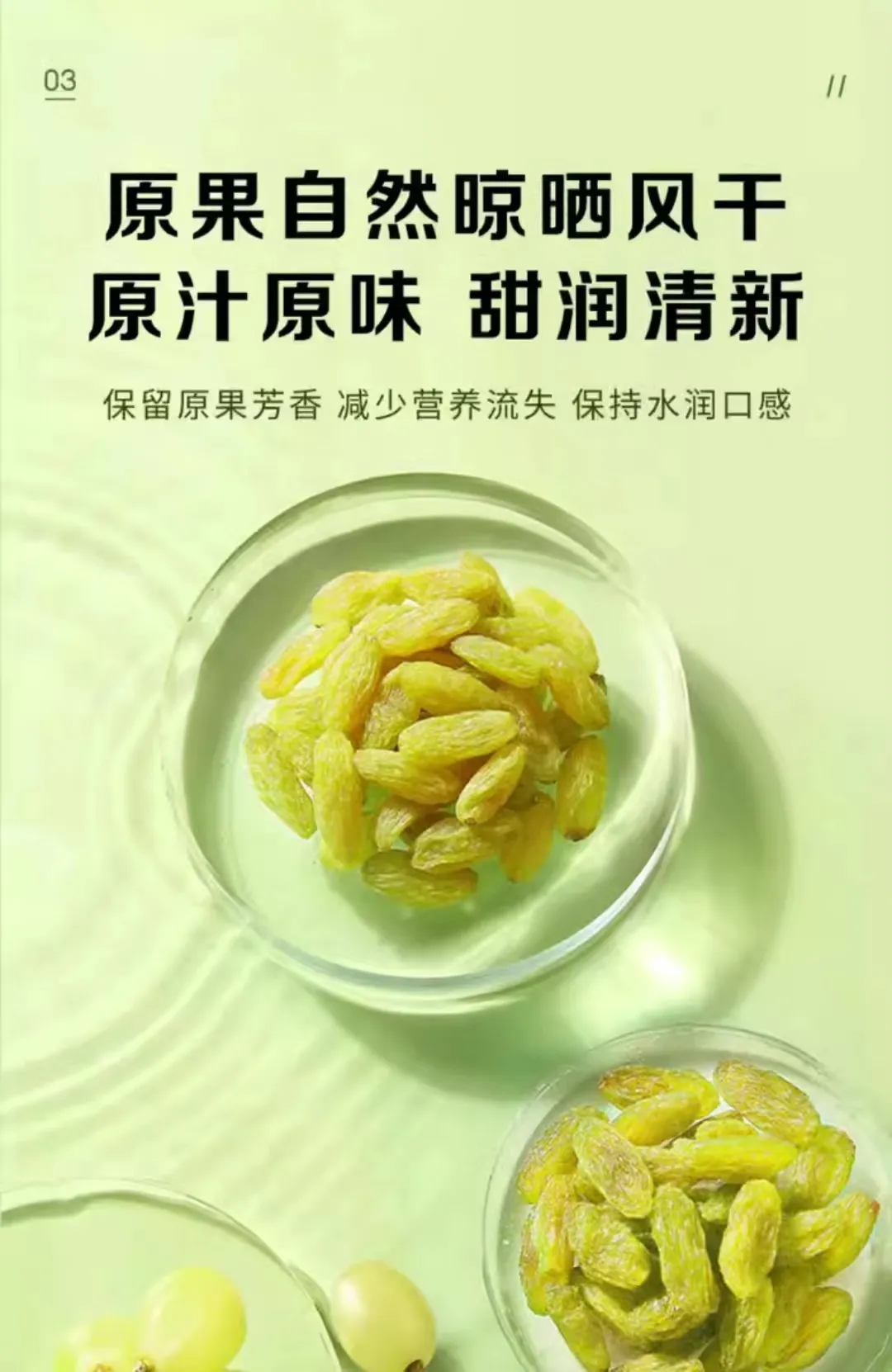-
 Afrikaans
Afrikaans -
 Albanian
Albanian -
 Amharic
Amharic -
 Arabic
Arabic -
 Armenian
Armenian -
 Azerbaijani
Azerbaijani -
 Basque
Basque -
 Belarusian
Belarusian -
 Bengali
Bengali -
 Bosnian
Bosnian -
 Bulgarian
Bulgarian -
 Catalan
Catalan -
 Cebuano
Cebuano -
 Corsican
Corsican -
 Croatian
Croatian -
 Czech
Czech -
 Danish
Danish -
 Dutch
Dutch -
 English
English -
 Esperanto
Esperanto -
 Estonian
Estonian -
 Finnish
Finnish -
 French
French -
 Frisian
Frisian -
 Galician
Galician -
 Georgian
Georgian -
 German
German -
 Greek
Greek -
 Gujarati
Gujarati -
 Haitian Creole
Haitian Creole -
 hausa
hausa -
 hawaiian
hawaiian -
 Hebrew
Hebrew -
 Hindi
Hindi -
 Miao
Miao -
 Hungarian
Hungarian -
 Icelandic
Icelandic -
 igbo
igbo -
 Indonesian
Indonesian -
 irish
irish -
 Italian
Italian -
 Japanese
Japanese -
 Javanese
Javanese -
 Kannada
Kannada -
 kazakh
kazakh -
 Khmer
Khmer -
 Rwandese
Rwandese -
 Korean
Korean -
 Kurdish
Kurdish -
 Kyrgyz
Kyrgyz -
 Lao
Lao -
 Latin
Latin -
 Latvian
Latvian -
 Lithuanian
Lithuanian -
 Luxembourgish
Luxembourgish -
 Macedonian
Macedonian -
 Malgashi
Malgashi -
 Malay
Malay -
 Malayalam
Malayalam -
 Maltese
Maltese -
 Maori
Maori -
 Marathi
Marathi -
 Mongolian
Mongolian -
 Myanmar
Myanmar -
 Nepali
Nepali -
 Norwegian
Norwegian -
 Norwegian
Norwegian -
 Occitan
Occitan -
 Pashto
Pashto -
 Persian
Persian -
 Polish
Polish -
 Portuguese
Portuguese -
 Punjabi
Punjabi -
 Romanian
Romanian -
 Russian
Russian -
 Samoan
Samoan -
 Scottish Gaelic
Scottish Gaelic -
 Serbian
Serbian -
 Sesotho
Sesotho -
 Shona
Shona -
 Sindhi
Sindhi -
 Sinhala
Sinhala -
 Slovak
Slovak -
 Slovenian
Slovenian -
 Somali
Somali -
 Spanish
Spanish -
 Sundanese
Sundanese -
 Swahili
Swahili -
 Swedish
Swedish -
 Tagalog
Tagalog -
 Tajik
Tajik -
 Tamil
Tamil -
 Tatar
Tatar -
 Telugu
Telugu -
 Thai
Thai -
 Turkish
Turkish -
 Turkmen
Turkmen -
 Ukrainian
Ukrainian -
 Urdu
Urdu -
 Uighur
Uighur -
 Uzbek
Uzbek -
 Vietnamese
Vietnamese -
 Welsh
Welsh -
 Bantu
Bantu -
 Yiddish
Yiddish -
 Yoruba
Yoruba -
 Zulu
Zulu
Aug . 27, 2024 19:53 Back to list
Pumpkin Seeds vs Sunflower Seeds
Comparing Pumpkin Seeds and Sunflower Seeds A Nutritional Showdown
When it comes to nutritious snacking, pumpkin seeds and sunflower seeds are two powerhouse contenders that often find their way into our diets. Both packed with essential nutrients, they offer a variety of health benefits, but they also have unique qualities that set them apart. Let’s take a closer look at the nutritional profiles, health benefits, and culinary uses of these two seeds.
Nutritional Profiles
Pumpkin seeds, also known as pepitas, are tiny powerhouses of nutrition. A one-ounce serving (about 28 grams) of pumpkin seeds contains approximately 151 calories, 7 grams of protein, and 13 grams of fat, predominantly healthy unsaturated fats. They are also an excellent source of magnesium, phosphorus, and zinc, which are essential for maintaining bone health, supporting immune function, and regulating biochemical reactions in the body.
On the other hand, sunflower seeds are slightly larger and often a favorite for their crunchy texture and slightly sweet flavor. In a one-ounce serving, you’ll find around 164 calories, 6 grams of protein, and 14 grams of fat, mainly comprised of healthy unsaturated fats. Sunflower seeds also shine in their vitamin E content, providing significant antioxidant benefits that help combat oxidative stress and reduce inflammation.
Health Benefits
Both seeds boast an array of health benefits. Pumpkin seeds are particularly noted for their high levels of magnesium, which can help improve heart health by reducing blood pressure and supporting healthy blood sugar levels. Additionally, pumpkin seeds are rich in antioxidants and may support prostate health, making them a popular choice among men.
pumpkin seeds versus sunflower seeds product

Sunflower seeds, loaded with vitamin E and selenium, are excellent for skin health and have anti-inflammatory properties. The presence of phytosterols in sunflower seeds can assist in lowering cholesterol levels, contributing to better heart health. Additionally, the high fiber content in both seeds supports digestive health, promoting a healthy gut.
Culinary Uses
In the kitchen, both seeds are versatile ingredients. Pumpkin seeds can be enjoyed raw, roasted, or spiced, and they make an excellent addition to salads, granola, and baked goods. They can also be blended into smoothies or used to make pumpkin seed butter, providing a delicious and nutritious spread.
Sunflower seeds are commonly enjoyed as a snack on their own or mixed into trail mixes. They can be sprinkled over salads, added to granola bars, or incorporated into baked recipes for a delightful crunch. Sunflower seed butter is also a popular alternative to peanut butter for those with nut allergies.
Conclusion
In the battle of pumpkin seeds versus sunflower seeds, the choice ultimately depends on personal taste and nutritional needs. Both seeds offer a range of health benefits and are deliciously versatile. Whether you prefer the rich, nutty flavor of pumpkin seeds or the sweet crunch of sunflower seeds, incorporating these nutrient-dense snacks into your diet can contribute to overall health and well-being. So, why not enjoy both? They can easily complement each other in a healthy, balanced diet.
-
Premium Macadamia Nuts - Fresh, Crunchy & Healthy Snack Choice
NewsJul.30,2025
-
Premium Biscuits Packaging – Elegant, Durable & Customizable Solutions
NewsJul.29,2025
-
Top Banana Flavor Sunflower Seeds Exporter - Factory Direct Supply
NewsJul.29,2025
-
Premium Snack Dates - Healthy, Natural & Delicious Treats
NewsJul.29,2025
-
Premium Peanuts - Fresh, Nutritious & Delicious Snacks for All
NewsJul.28,2025
-
Premium Raisins - Sweet, Healthy & Natural Dried Fruit Snack
NewsJul.27,2025
